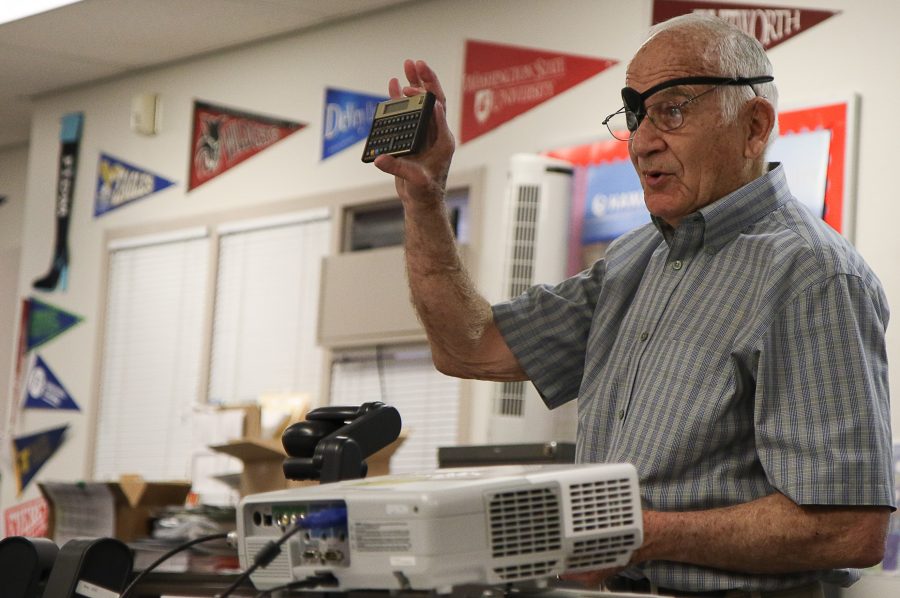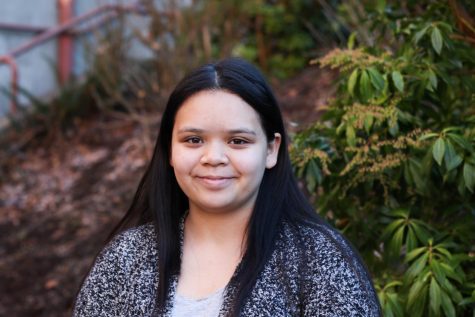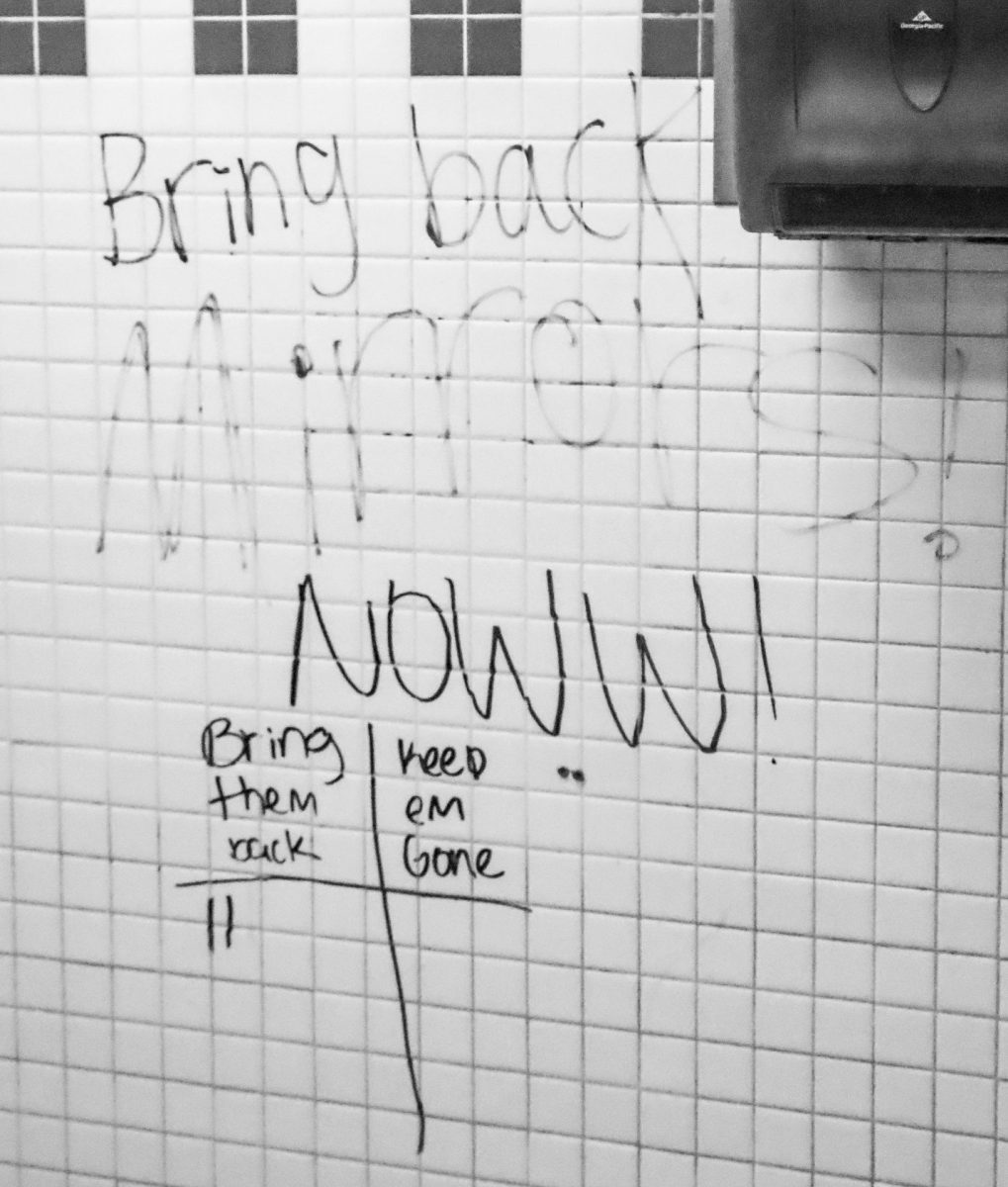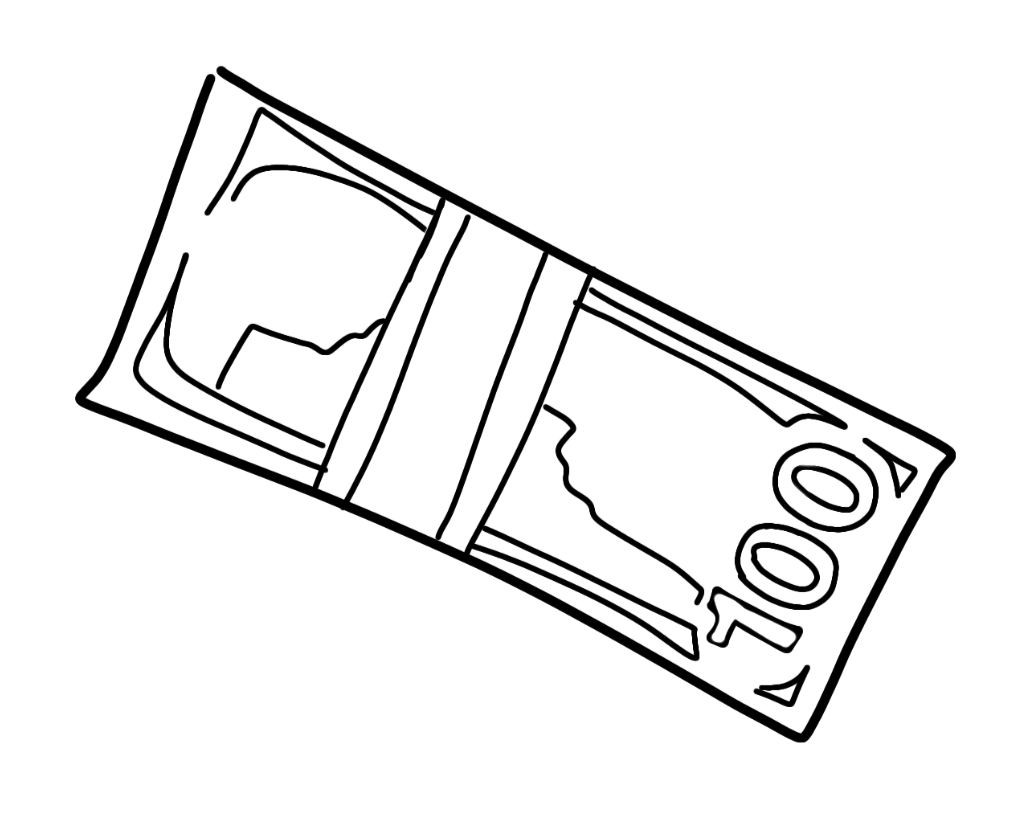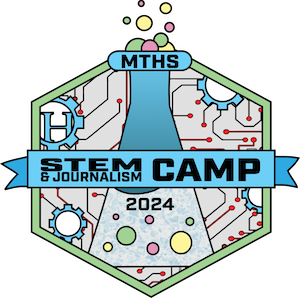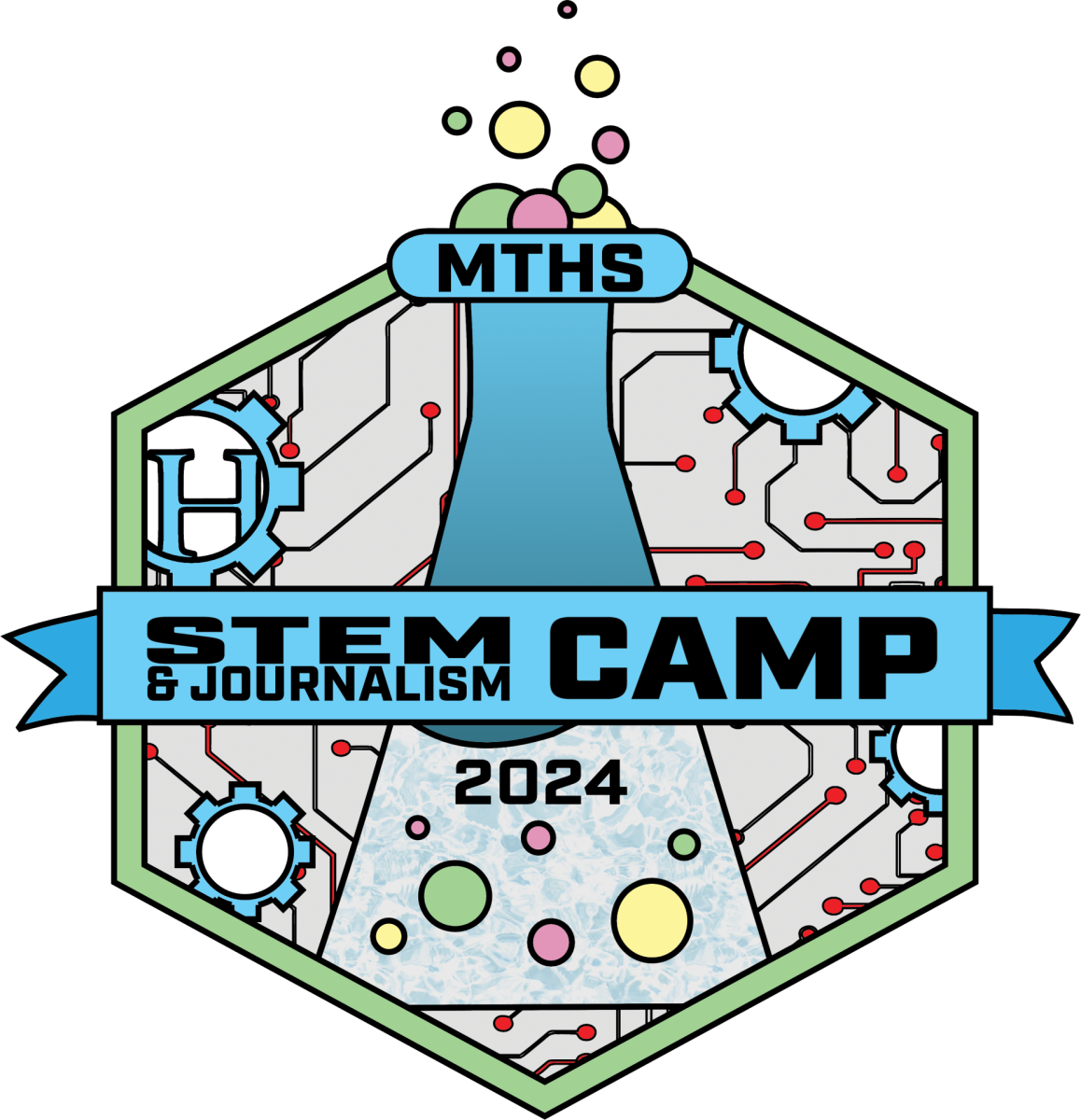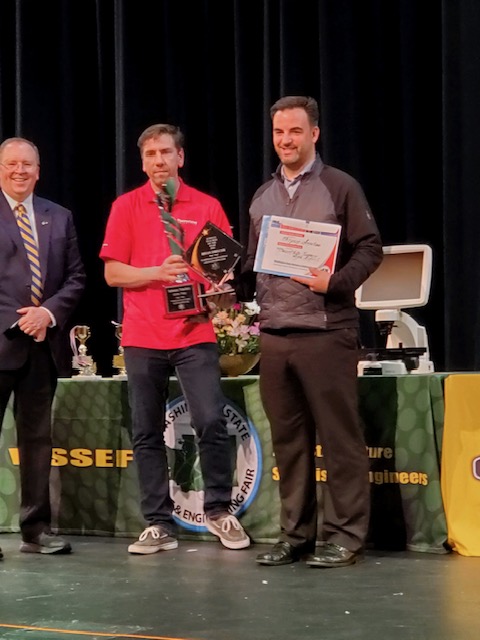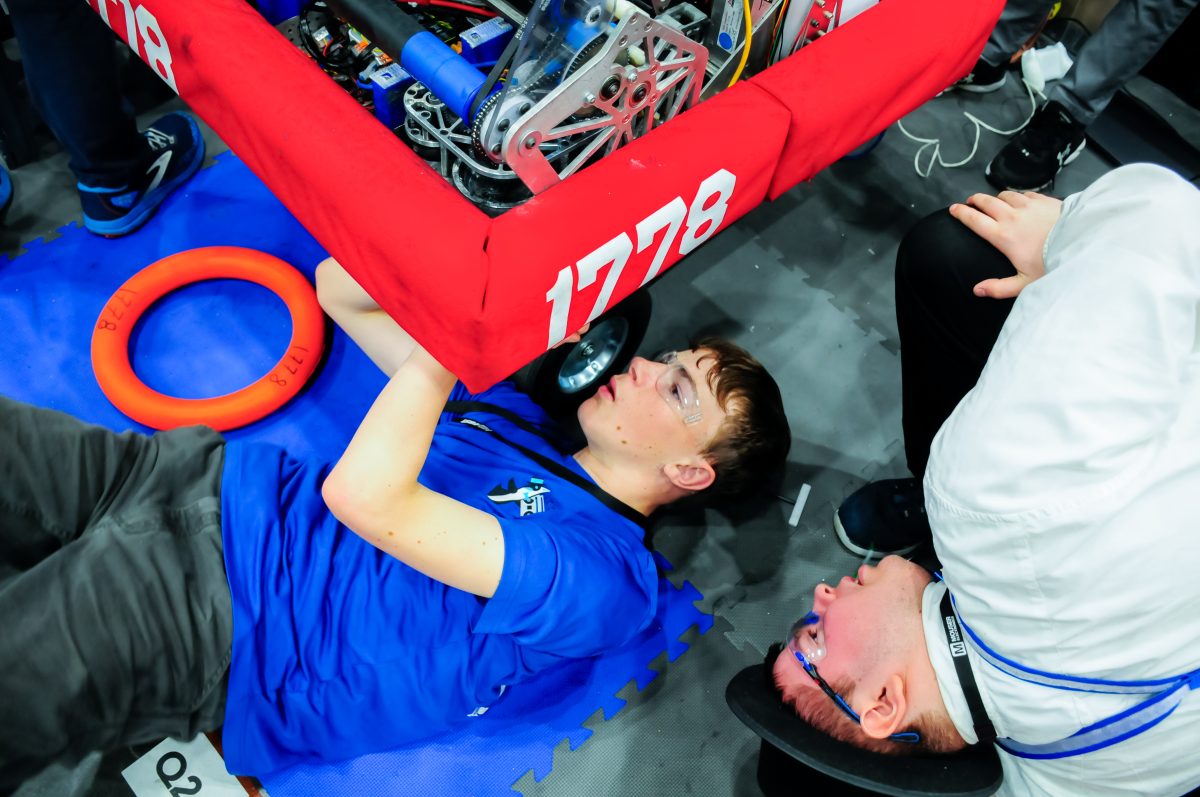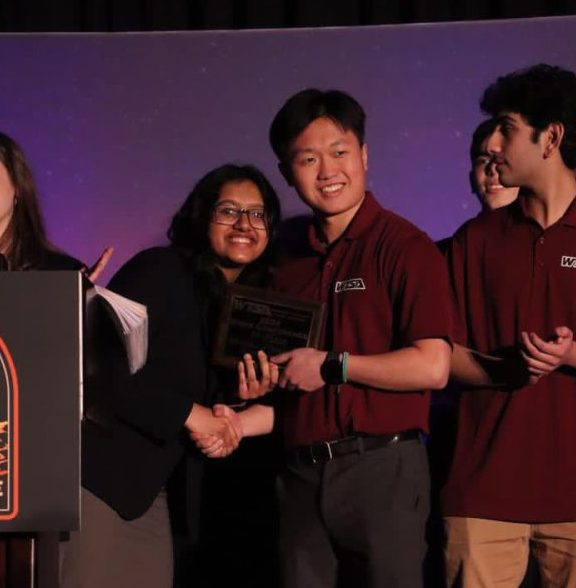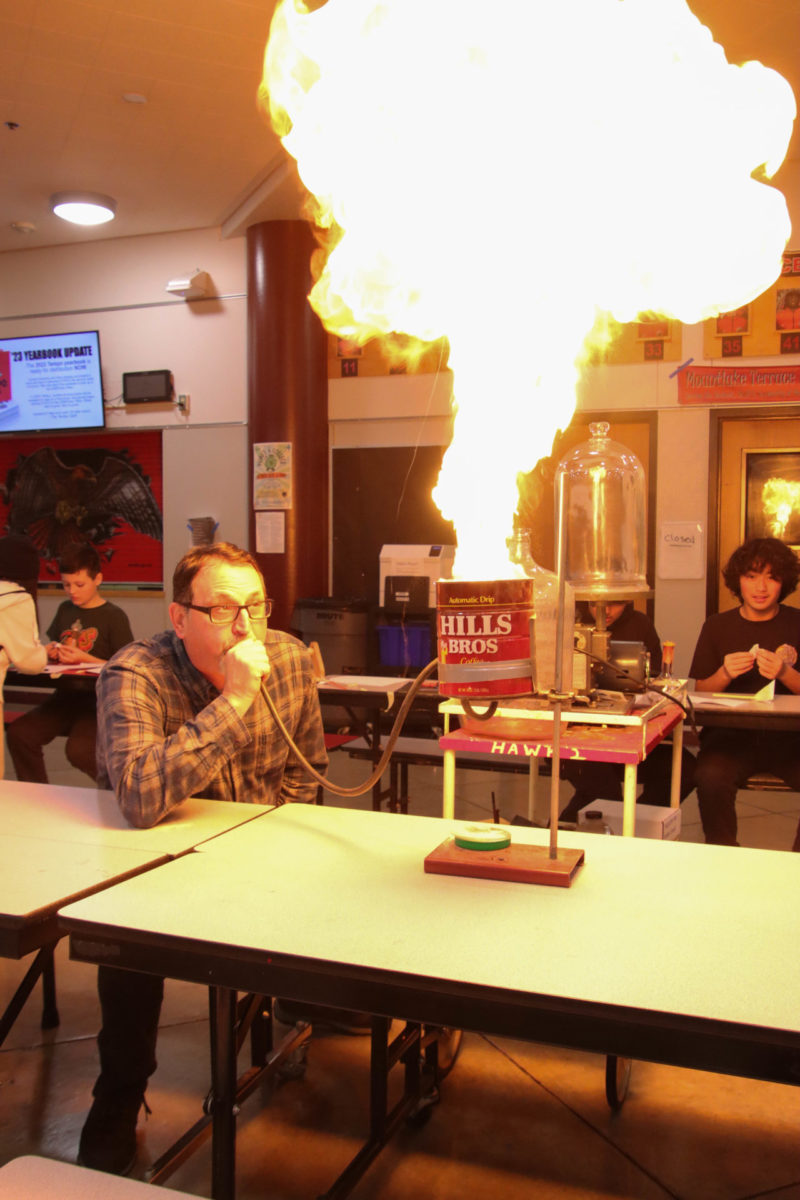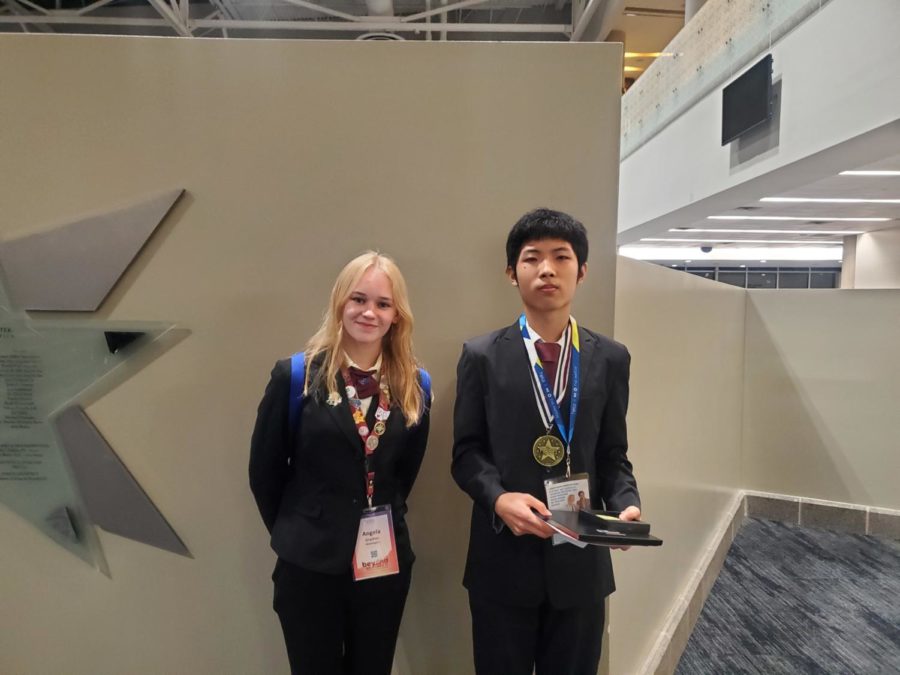Engineer Peter Block, who worked on the Saturn V rocket, as well as the Apollo missions with Boeing and Aerojet, spoke with STEM students during PASS today in the Career Center.
“My area of interest was analytical,” he said about his work.
Block specifically analyzed the safety and reliability of the project.
“Our engine always fired. It never failed and the engine worked successfully in all twelve years,” he said.
In 1983, Block moved to Seattle after retiring from working as an engineer for 13 years. He changed career paths and went into the Seafood processing and commercial fishing business as a business executive at Transpacific Industries and Unisea group for the next 13 years.
After Block retired at 52, he did some volunteer work and became a council member in his local government.
Although Block changed career paths, engineering was applied into other aspects of his life.
“Engineering will give you a creative sense of how to attack a problem,” Block said.
Block’s family spent lots of time outdoors in the United States and overseas. During their family vacations, organizing and planning, the “cornerstones of engineering principle,” as he described, was used frequently.
He wears an eyepatch due to the fact that he lost his right eye in a grizzly bear attack about 25 years ago. He used this situation as an opportunity to apply engineering.
“During this time I got to notice that every step I was taking, I was losing a drop of blood,” Block said. “I kept thinking, ‘How much blood do we have in our body? How much blood have I already lost?’”
He continued attempting to figure out answers to theses questions, which allowed his mind ease off the pain.
Block advised STEM students “to get as much background as you can get outside of engineering. If you start engineering, take some courses in other fields.”


